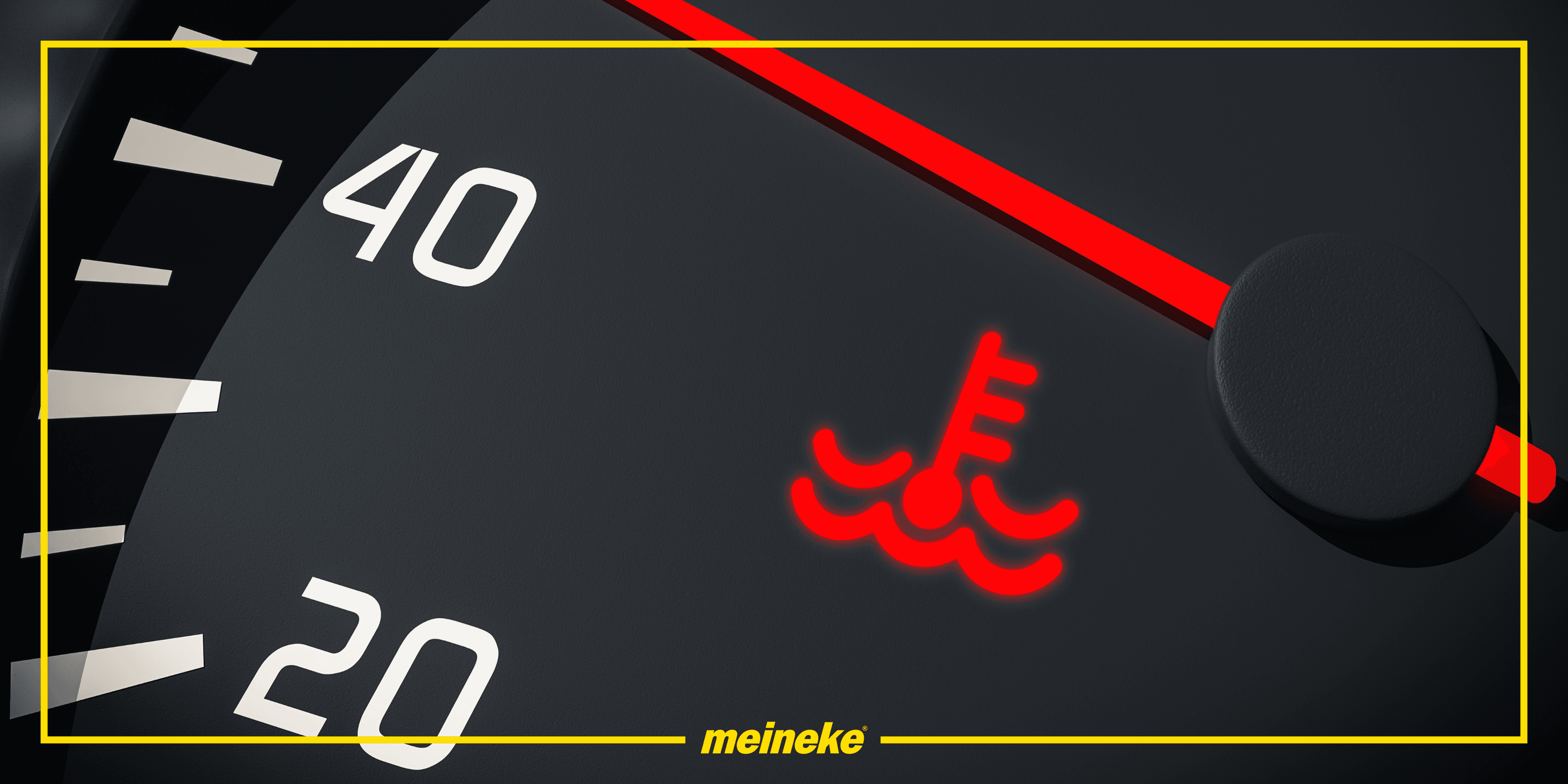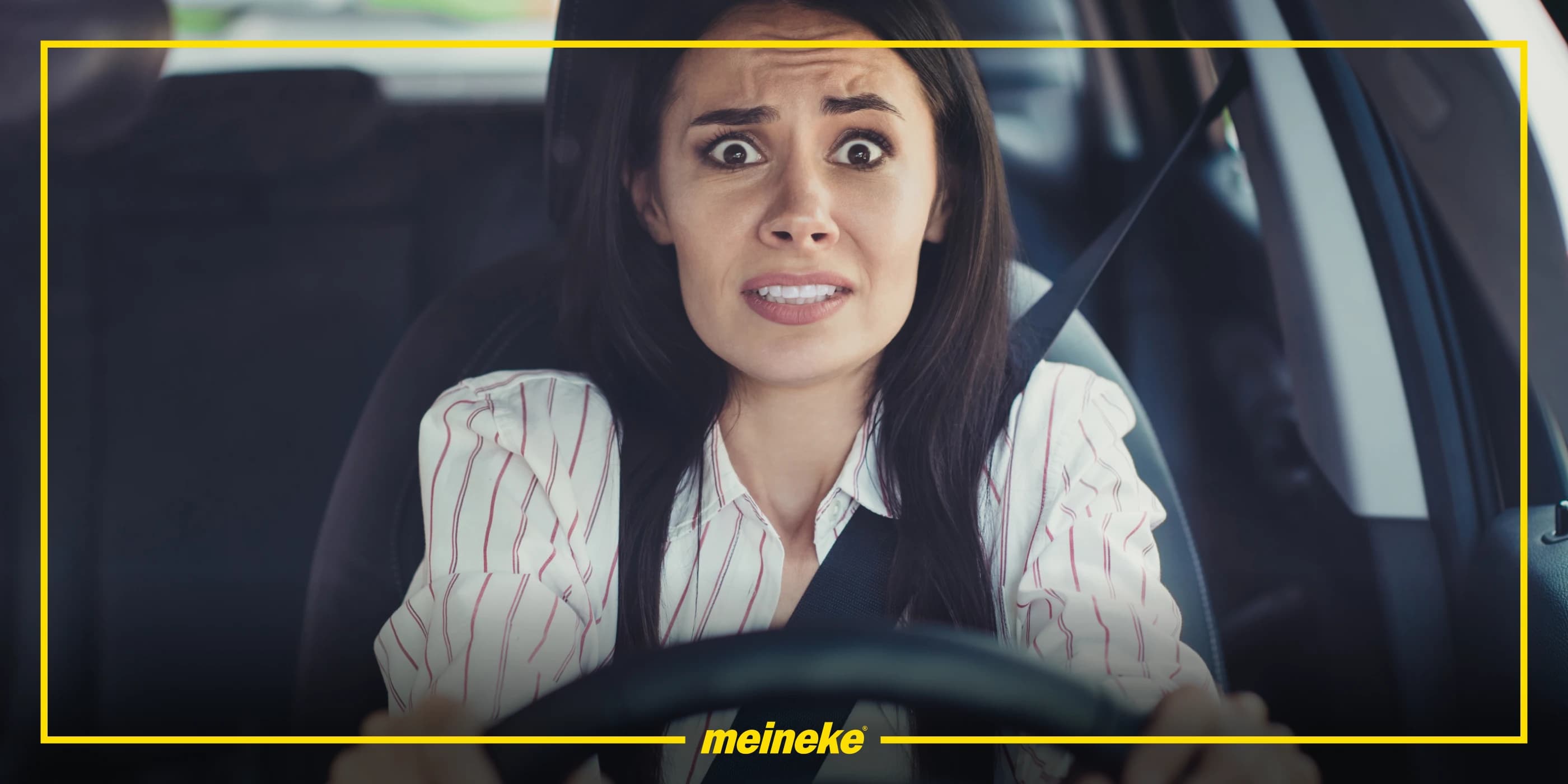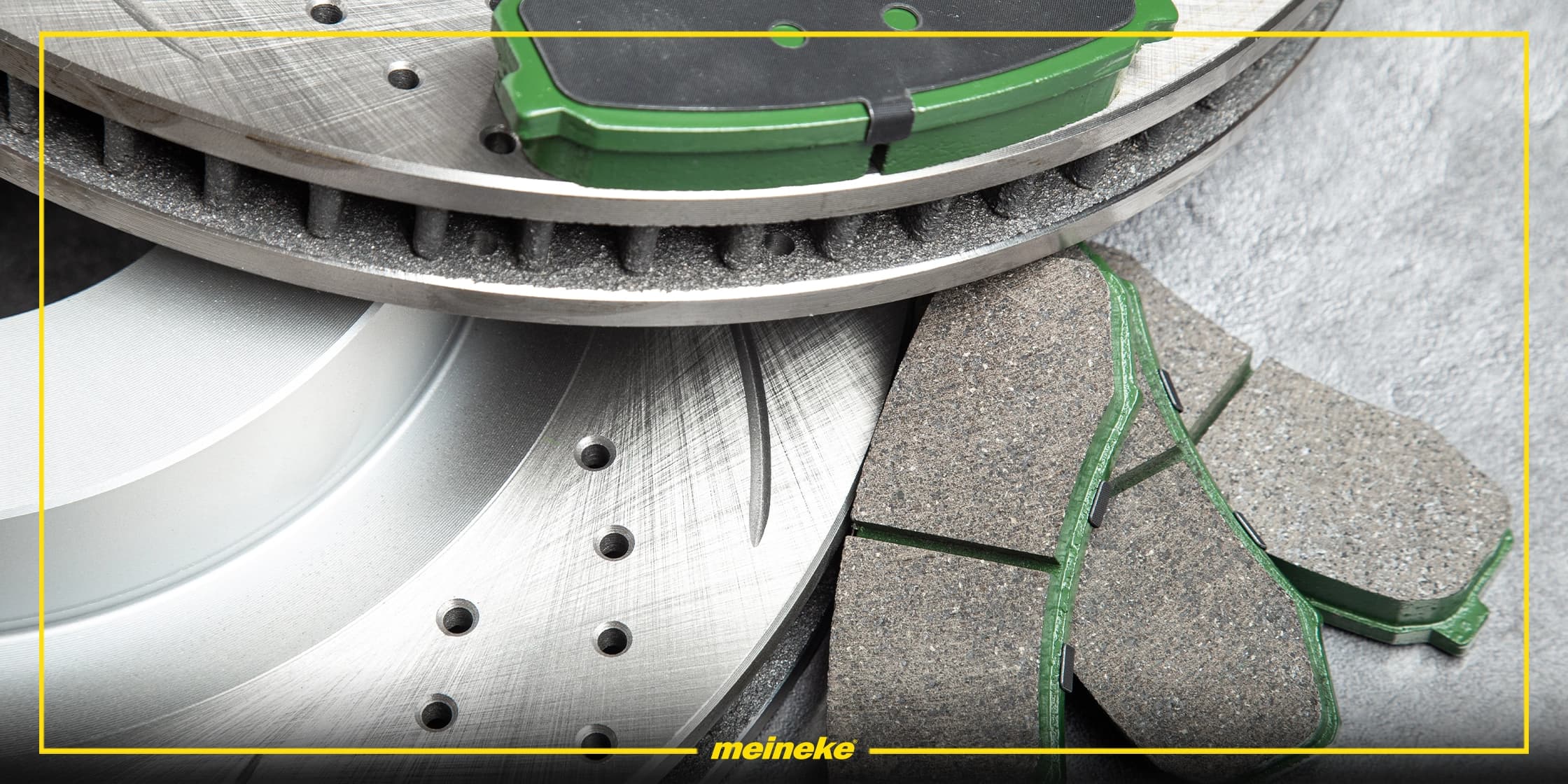
June 6, 2025
Why is My Car Making a Rattling Noise
Hearing unexpected noises from your car can be unsettling, especially when they include rattling sounds that seem to come out of nowhere. It’s tempting to turn up the radio and ignore it, but when your vehicle starts to speak, it’s usually best to listen. Addressing rattling noises early on can prevent more costly and dangerous damage down the road. If you're asking, "Why is my car making a rattling noise?" you're not alone. Let’s explore some common scenarios and what they might mean for your car's health.
Rattling Noise When Driving
One of the most frequent complaints drivers have is a rattling noise when driving. This sound often becomes noticeable at specific speeds or when driving over rough terrain. Common culprits include a loose heat shield around the exhaust, worn suspension parts, or unsecured exhaust components. Heat shields can rust and break loose over time, especially in older vehicles or those exposed to a lot of road salt. Suspension issues—like worn-out struts, bushings, or mounts—can also create rattling sounds, particularly when you hit a bump or pothole. Similarly, if your exhaust system isn’t properly secured, it may vibrate against the undercarriage or sway with motion, creating a persistent rattle that gets worse the longer it goes unchecked.
Trouble in the Front End
If you're wondering, "Why is my car making a rattling noise in the front?" the answer could be tied to several vital components. Parts such as the tie rods, sway bar links, or brake hardware may be worn or loose, leading to noticeable noise, particularly when turning or braking. These systems are crucial to steering and stability, so a rattle from the front of your car shouldn't be taken lightly. Ignoring it could mean not just an expensive repair later, but also a compromise in road safety.
Rattling Sound When Accelerating
A rattling sound when accelerating is often an indication of stress within the vehicle’s mechanical systems. The exhaust system, particularly the catalytic converter, can develop internal damage or loosen over time, causing it to rattle as engine vibrations increase. Similarly, worn transmission mounts or even misaligned heat shields may buzz or clatter when the engine is under load. This type of rattle is usually more than just a nuisance—it’s a warning that something isn’t operating as it should. Left unaddressed, these issues can affect engine performance and fuel efficiency.
Sounds Coming From Beneath the Vehicle
A rattling noise under the car is often due to issues in the exhaust system or foreign objects like rocks trapped in the heat shield. Damaged or rusted brackets and hangers can also allow pipes to vibrate against other parts of the car’s frame. In some cases, it may be a sign of a compromised undercarriage or protective plate, especially if you've recently bottomed out or driven on uneven surfaces. If you’re able to safely get under your car or use a mirror to check, look for anything visibly loose. When in doubt, a professional inspection can pinpoint the issue quickly and safely.
Engine Noises When Idling
If you’re hearing a rattling sound in the engine when idle, it could point to more serious internal problems. Low oil pressure, a stretched timing chain, or worn engine mounts may all produce metallic rattling sounds when the engine is not under load. These sounds can fluctuate with RPM and often worsen over time. Because these issues affect the core operation of your engine, it's important to act quickly. Neglecting them could lead to significant engine damage or even a breakdown.
Rattling When Starting the Car
Why does my car rattle when I start it? If that’s your current concern, consider how often the noise occurs and whether it fades as the engine warms up. Rattles during startup can result from worn starter components, loose heat shields, or early signs of engine knocking, especially during cold starts. Cold oil may not circulate efficiently at first, which can briefly affect engine components. However, if the noise persists or worsens, it’s a clear indication that your vehicle requires immediate attention.
When It’s Time to Call a Mechanic
It’s not always easy to determine whether a rattling noise is minor or a sign of something serious, but there are a few warning signs that should send you straight to a repair shop. Consider these red flags:
- The rattle is persistent or growing louder.
- It changes with acceleration, braking, or turning.
- It seems to come from the engine, exhaust, or undercarriage.
- You feel vibrations through the steering wheel or floor.
If any of these apply to you, bring your vehicle to a certified technician for a full diagnostic check. Meineke auto repair centers are equipped to inspect and address a wide variety of rattling issues, from the exhaust system to the engine bay.
Don’t Ignore That Rattle—Act Now
A rattling sound in your vehicle isn’t just annoying—it’s often an early warning sign of wear, damage, or even a looming mechanical failure. From loose heat shields to worn engine parts, the source of the noise can vary, but the best response is always the same: get it checked before it turns into a bigger issue. If you're asking, "Why is my car making a rattling noise?"—don’t wait for it to get worse. If you hear a rattling sound, schedule an inspection with Meineke today.



